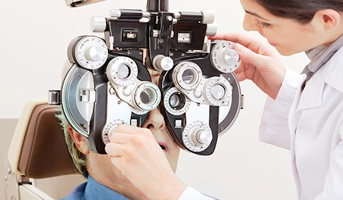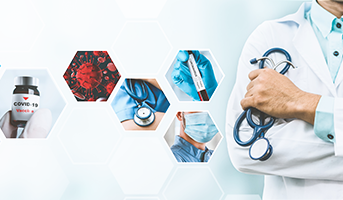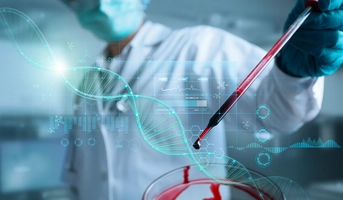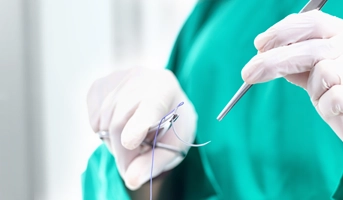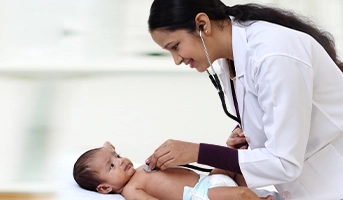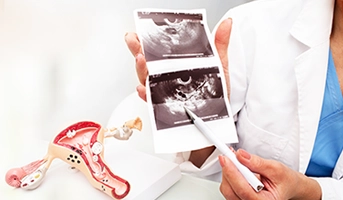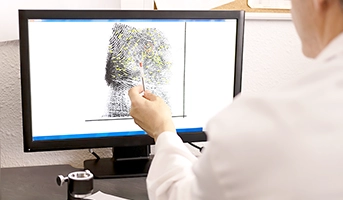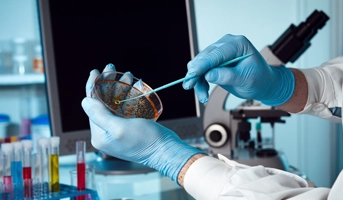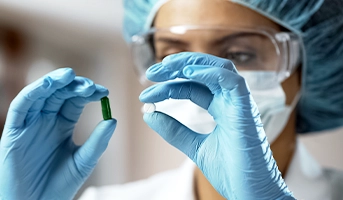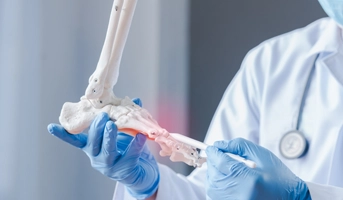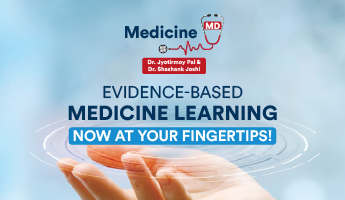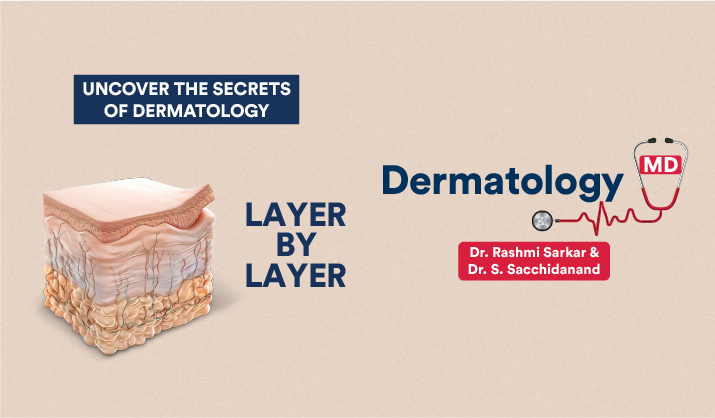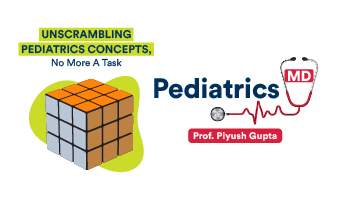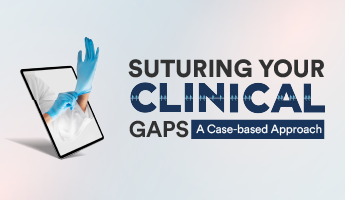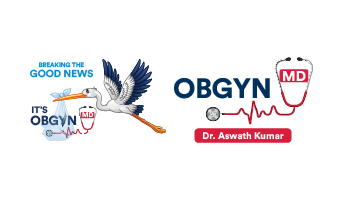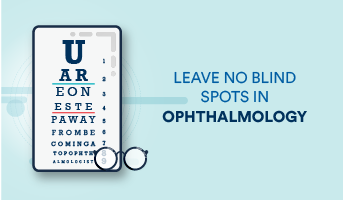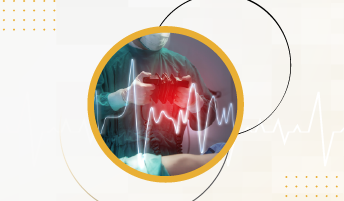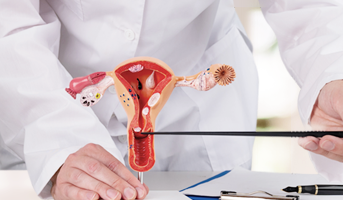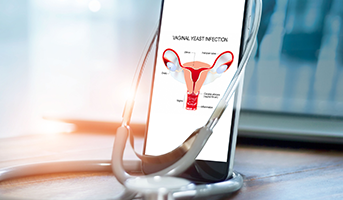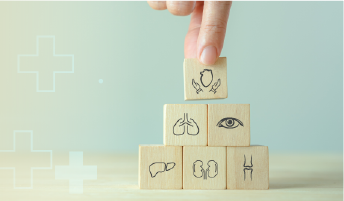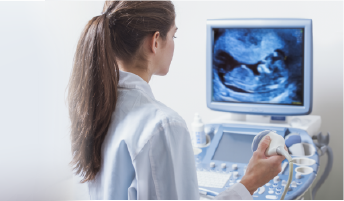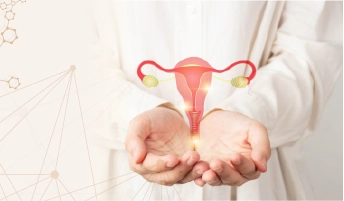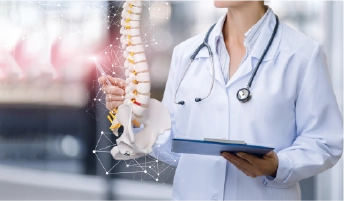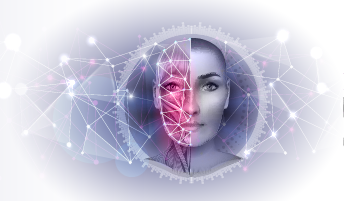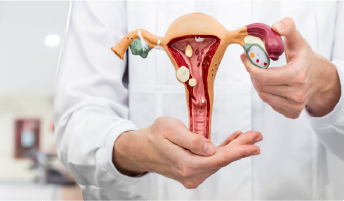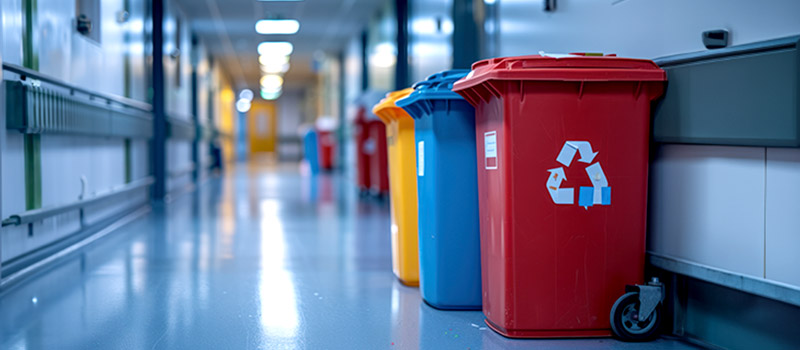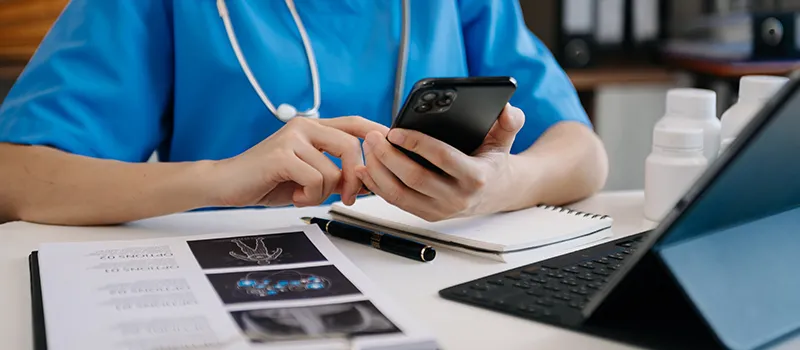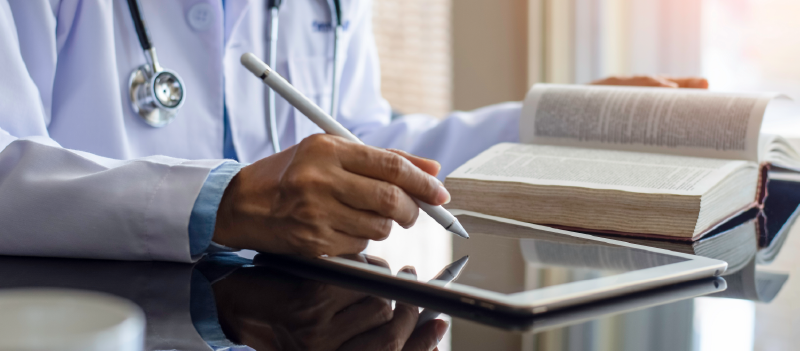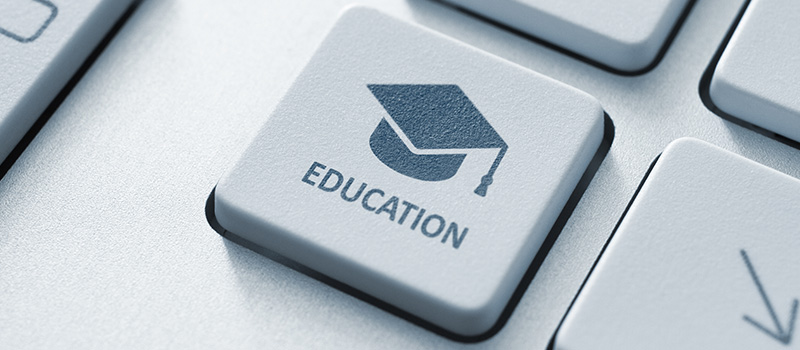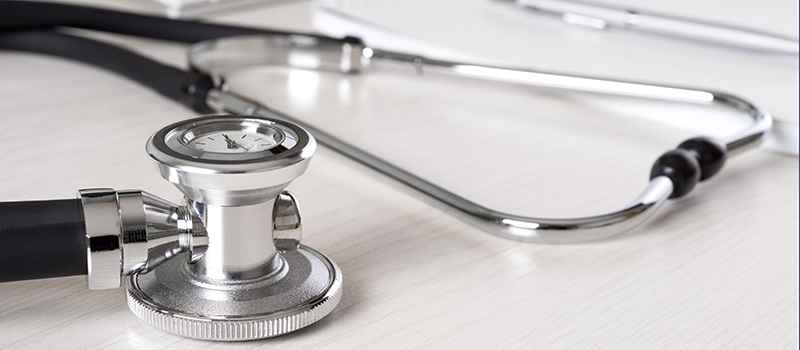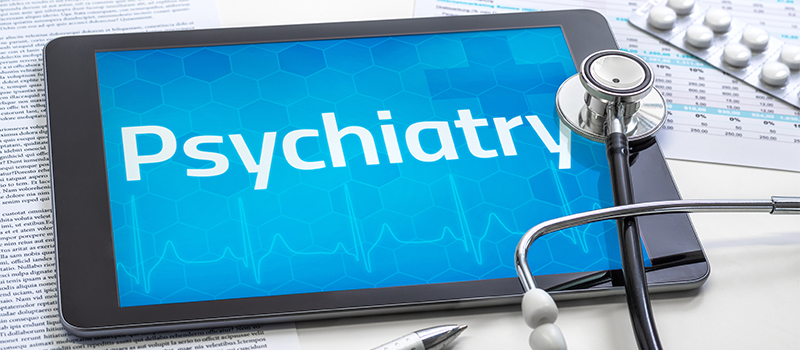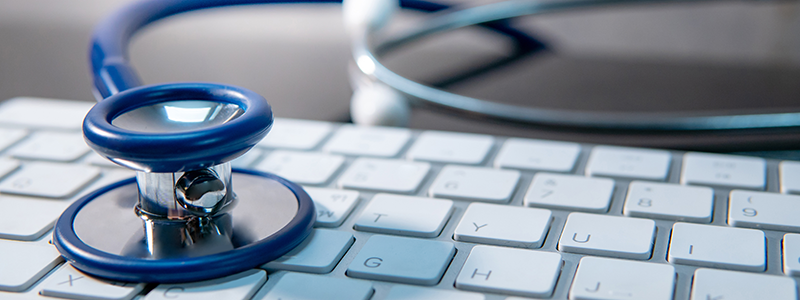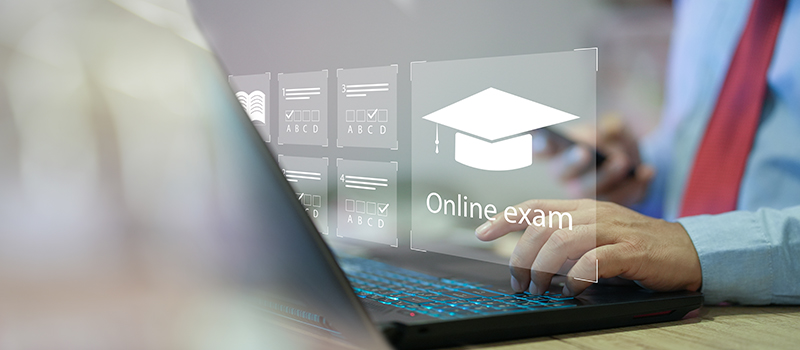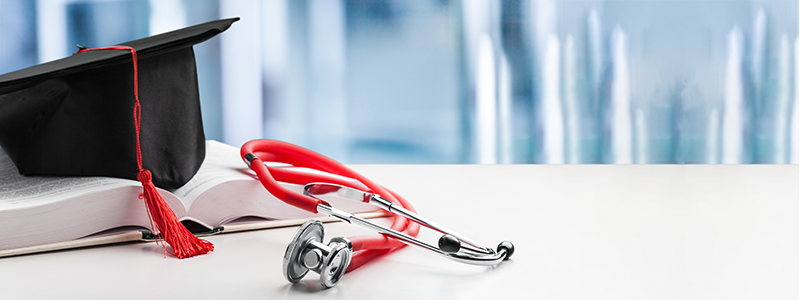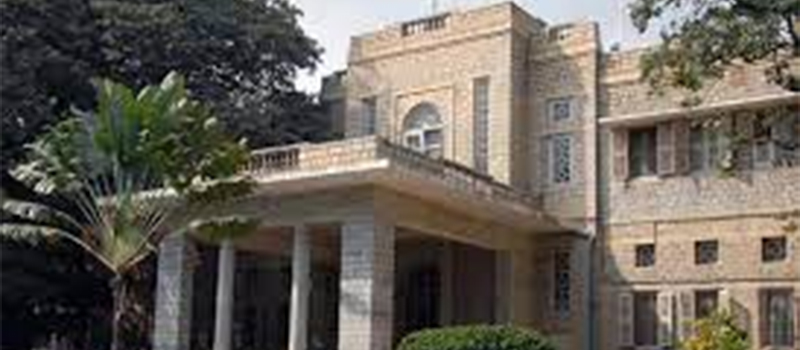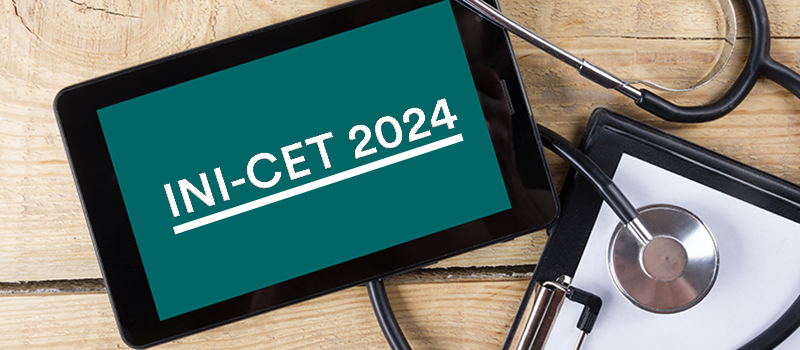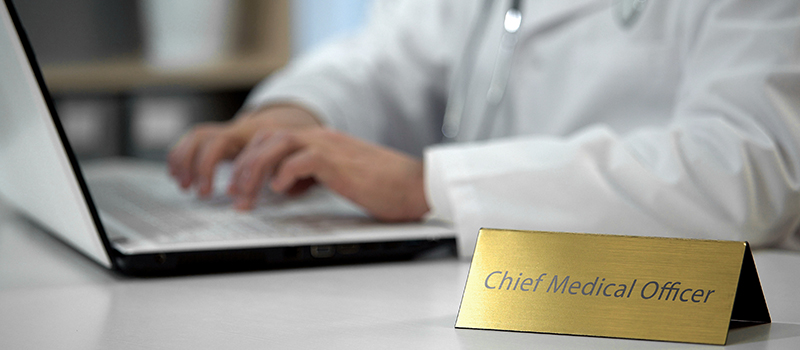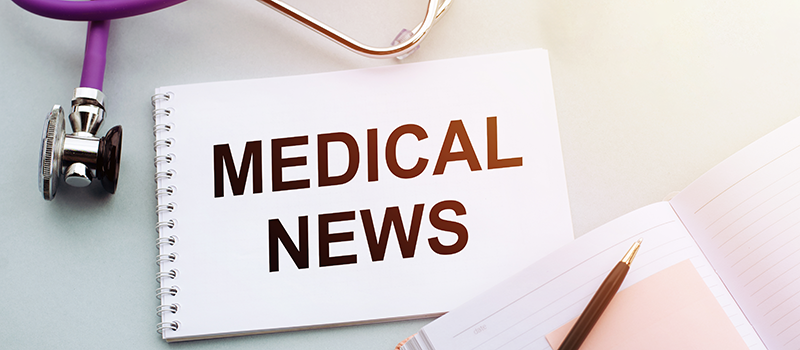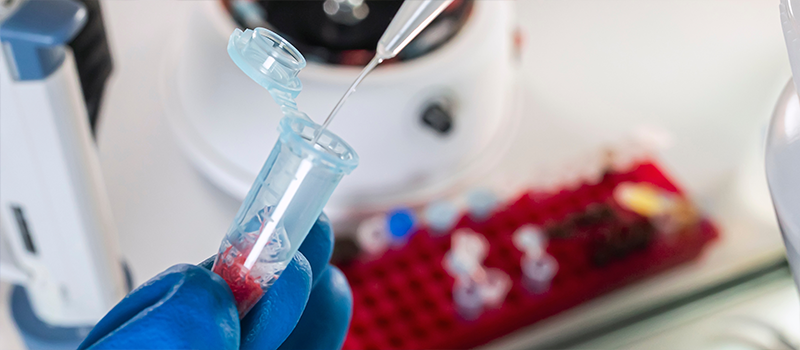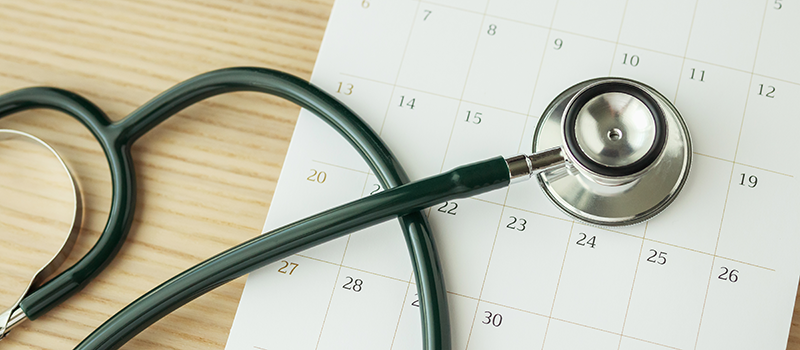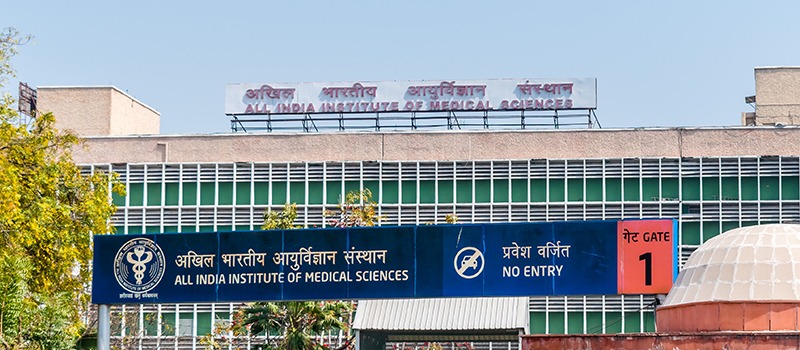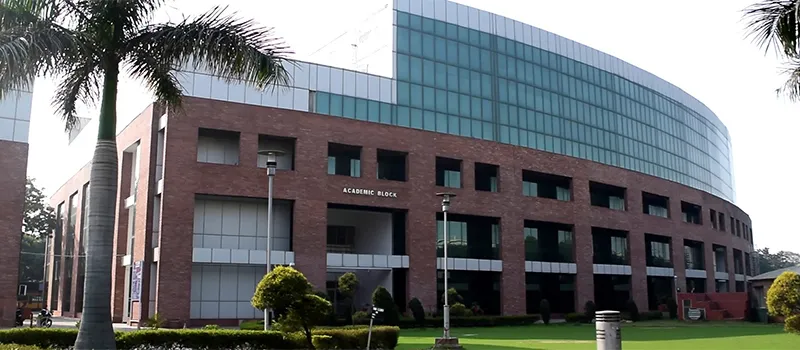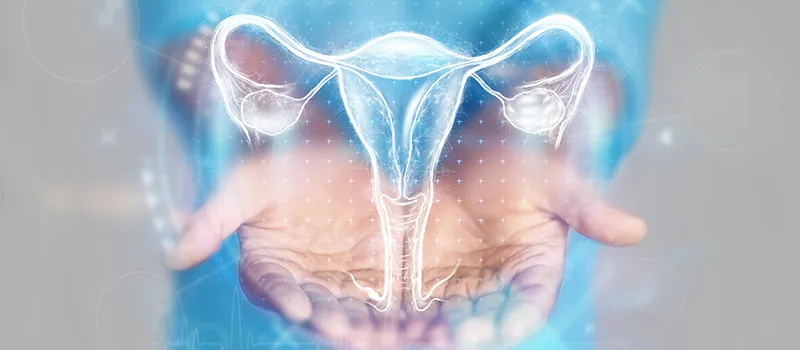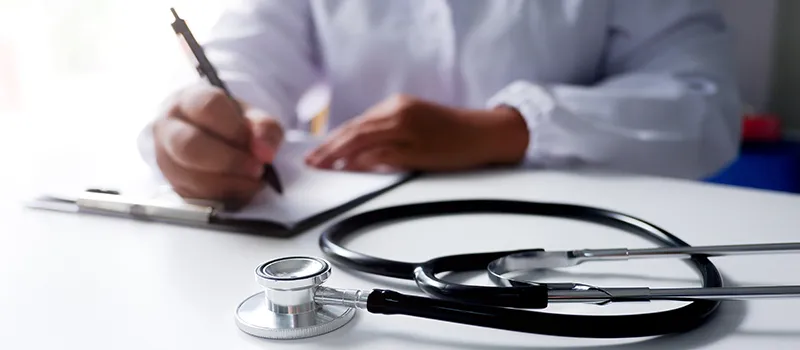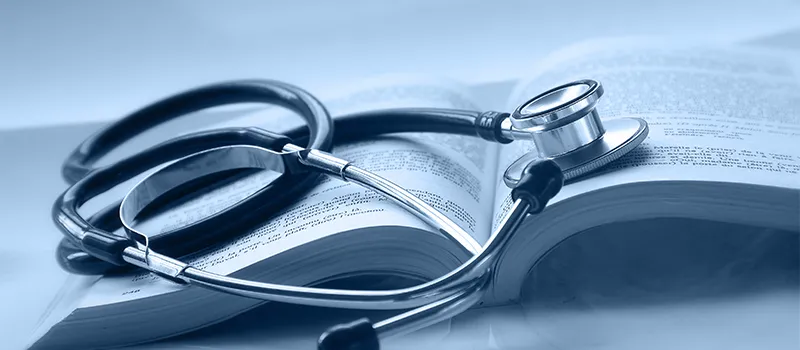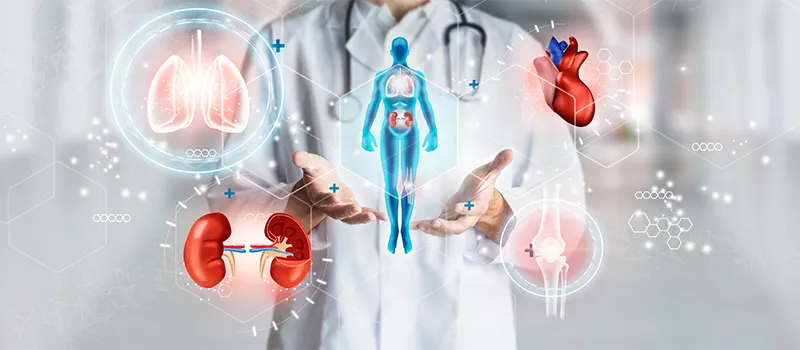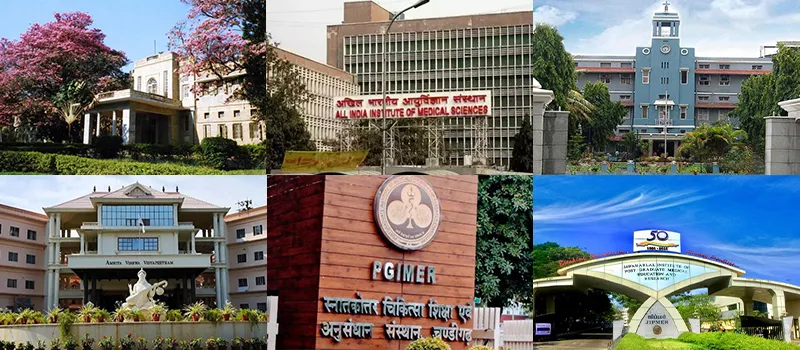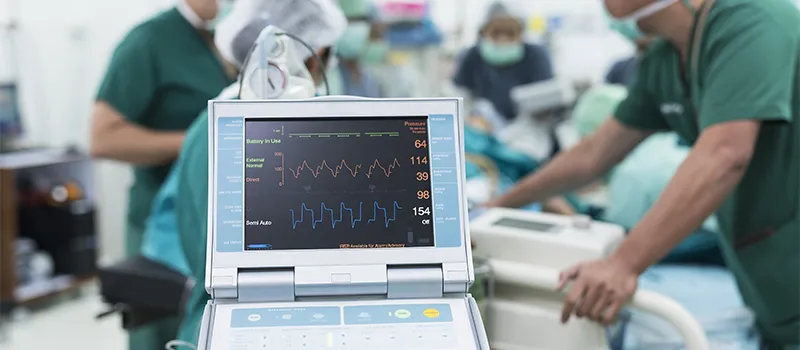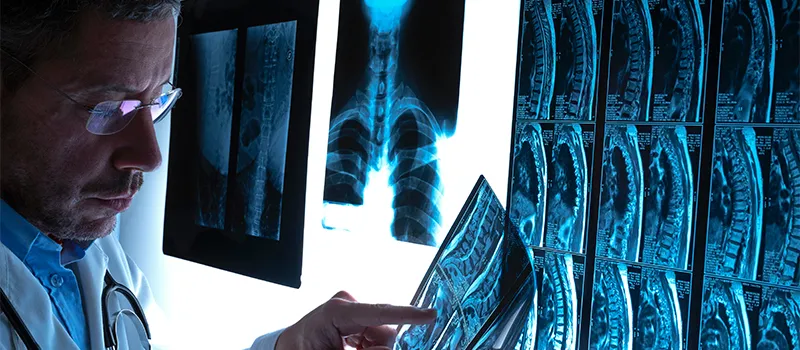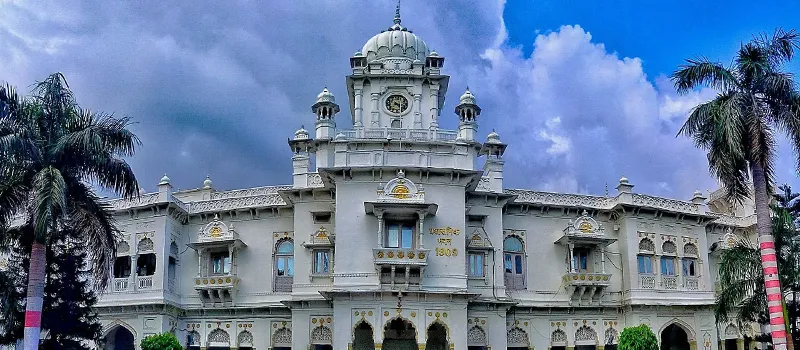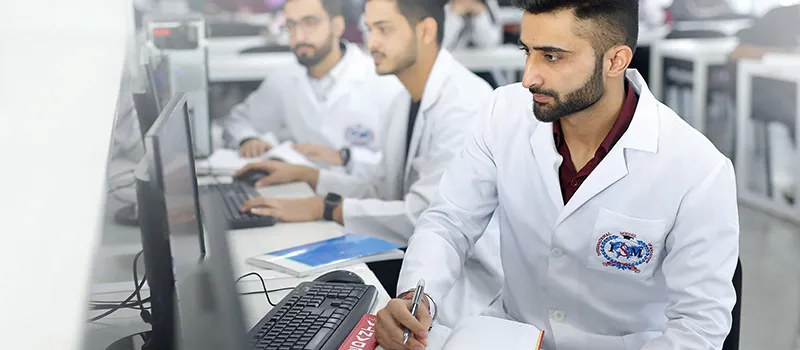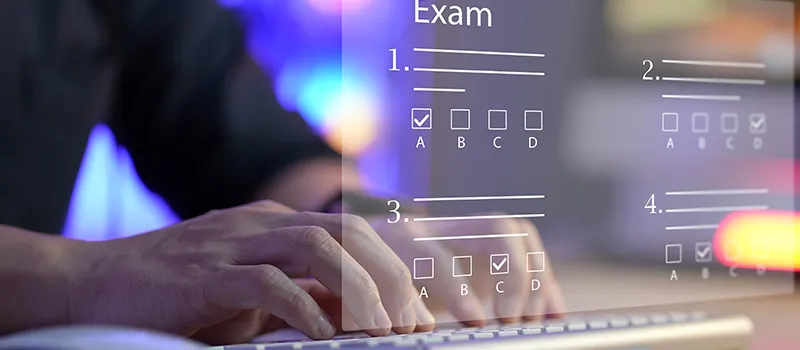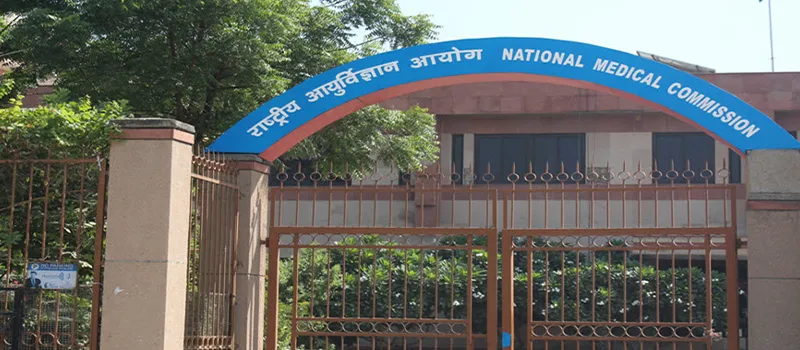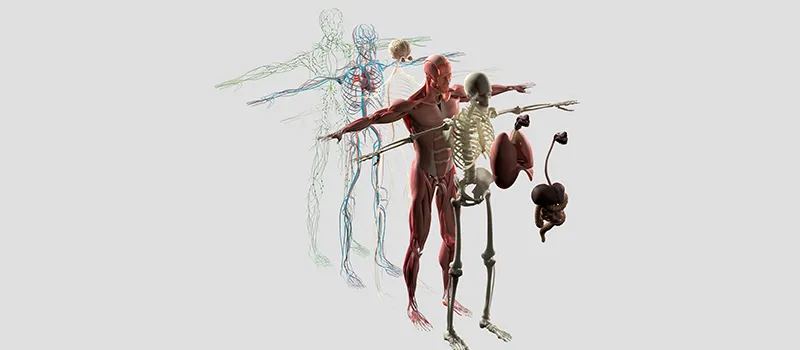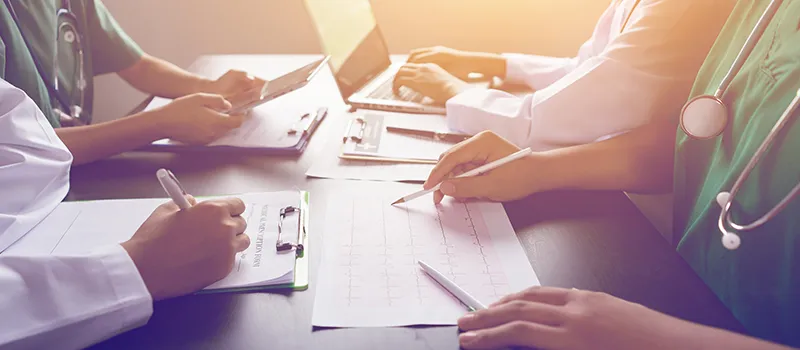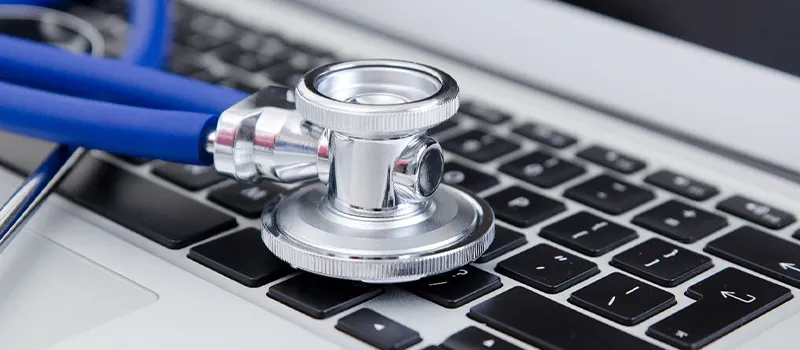

FMGE: Application Form, Eligibility, Exam Pattern, Syllabus & Result
FMGE (Foreign Medical Graduate Examination) is a screening test for an Indian citizen or an overseas Indian citizen who holds a primary medical degree from a medical institution outside of India in order to be eligible for provisional or permanent registration with the Medical Council of India or any State Medical Council on or after 15th March, 2002.
According to the 2002 Screening Test Regulations, the National Board of Examinations in Medical Sciences (NBEMS) conducts the Screening Test. The National Medical Commission and all State Medical Councils get the results once the exam has been administered, published, and distributed by NBEMS.
The NBEMS administers the screening test twice a year. The FMGE 2023 exams were held on 20th January, 2023 and 30th July, 2023.
For 2024, the FMGE application process commenced on 23rd November, 2023. The FMGE 2024 exam will be held on 20th January, 2024.
FMGE 2024 Important Dates
| Process | Timelines |
| Submission of Online Application | 29th April 2024 to 20th May 2024 (Till 11:55 PM) |
| Edit Window | 24th May 2024 to 28th May 2024 |
| Edit Window to rectify images | 7th June 2024 to 10th June 2024 |
| Edit Window to rectify discrepancies related to documents uploaded in the application | Through Online Deficient Document Submission Portal (http://exam.natboard.edu.in/fmge.php) The portal will close on 14th June 2024 at 11:55 PM |
| Final opportunity to rectify deficiencies related to documents upload in the application | 21st June 2024 (11AM onwards) to 24th June (Till 11:55PM) |
| Admit Card Issue Date | 1st July 2024 |
| FMGE Exam Date 2024 | 6th July 2024 |
| Result Declaration Date | 6th August 2024 |
FMGE 2024 Eligibility Criteria
- A candidate must be an Indian/Overseas Citizen of India.
- The candidate must hold a primary medical qualification that has been verified by the Indian Embassy for registration as a medical practitioner.
- The applicant must hold an “Eligibility Criteria” from the National Medical Commission (or the former Medical Council of India). This condition is not necessary for Indian nationals or Indian residents living abroad who received their medical degrees from foreign institutions or who were admitted to such institutions before March 15, 2002.
- The final examination result of the mentioned primary medical qualification must have been declared on or before 31st October 2023 and the candidate is required to submit the documentary proof for the same.
- To enroll in any medical program outside of India, Indian citizens or Indian citizens living abroad must pass the “National-Eligibility-cum Entrance Test for Admission to MBBS course” by May 2018 or later. If a person meets the requirements for admission to the MBBS course as outlined in the Regulations on Graduate Medical Education, 1997, the outcome of the “National- Eligibility-cum-Entrance Test for Admission to MBBS course” shall be deemed to be treated as the eligibility certificate.
- Only qualified applicants who possess both the Provisional Pass Certificate/Degree Certificate of Primary Medical Qualification and the Eligibility Certificate (if applicable) will be permitted to appear in the FMGE.
- Three (3) years from the date of result declaration, the NEET result is considered legitimate.
- If the applicant has an Under Graduate medical qualification from Australia, Canada, New Zealand, the United Kingdom, or the United States of America and has also been awarded a Post Graduate medical qualification in Australia, Canada, New Zealand, the United Kingdom, or the United States of America and has been recognised for enrolment as a medical practitioner in that country, they will not need to pass the screening test in order to seek provisional or permanent registration in India.
- The candidates belonging to Pakistan or Indian students who have gained their medical degree from Pakistan must go through the updated guidelines and security clearance from the official NBEMS website to check their eligibility.
FMGE 2024 Application Form
Application forms can only be filled out once.
Instruction for filling out the FMGE 2024 Application Form
-
- Complete the user registration form to create a password and a user ID/application ID.
- User ID and Password will be communicated by email and text message.
- Login as an applicant for FMGE December 2023 session and fill the form from the “Go To Application” link.
- Fill out the application form completely, and submit your photo, scanned signature, thumbprint, and other papers. You are also required to mention Identification details, details of Primary Medical Qualification, and eligibility certificate.
- Select your test city and pay the exam fee.
- Accept the declaration and submit the application.
- Print off the completed application form with the Transaction ID and “S” (Successful) payment status for your records.
Instructions for Uploading Images
1. Photograph:
Candidates are required to upload two photographs.
a. Real-time Photograph: This photograph is to be taken while filling out the form by the webcam/in-built camera of the system. Take a photograph with a white background and the face must be clearly visible.
b. Recent Photograph: Candidates are required to upload a recent photograph that too not more than 3 months old. Keep the following things in mind while taking and uploading a photograph:
-
- The background must be white.
- The face must be clearly visible.
- The image size must be less than 80 kb.
- The image must be in .jpg/.jpeg format.
- The face must take up 70-80% of the frame.
- You must not wear heavy ornaments, spectacles, caps, goggles, and other accessories.
2. Signature:
Candidates are required to upload their signature and the digital image of the signature can be made in two ways:
a. Using a camera/digital device to directly image:
-
- Draw a box of 1.5 cm (height) x 3.5 cm (width) on a white sheet and use blue/black ink to sign within the box.
- Transfer the signed image using a digital device/scanner to the computer/laptop.
- Crop and resize the image to 20-100 kb.
b. Scanning the Signature:
-
- Draw a box of 3.5 x 1.5 cm (width x height) on a white sheet and sign with black/blue ink.
- Set the scanner to 200 dpi.
- The scanned image should be saved in the .jpg/.jpeg format.
- Crop and resize the image to less than 80 kb.
3. Thumb Impression:
On a white sheet of paper, draw a box of 3.5 cm x 1.5 cm (width x height).
Using a black/blue color ink pad, take a clear impression of the left thumb.
a. Prepare a digital image of the thumb impression using a digital device (Camera):
-
- Transfer thumb impression from camera to computer.
- Then, crop and resize the image to less than 80 kb.
b. Scanning the thumb impression:
-
- Set the scanner to 200 dpi and save the scanned image of the thumbprint in .jpg/.jpeg format.
- The size of the image should be less than 80 kb.
The following is a list of documents to be submitted by the candidates if required by NBEMS to determine eligibility:
- Copy of Address Proof (PAN Card/Voter ID/Passport/ Driving License/ Aadhar Card).
- Latest Passport size Photographs
- Copy of Date of Birth Proof (Certificate of Matriculation).
- Copy of 10+2 passing certificate.
- Copy of 10+2 mark sheet.
- Copy of internship certificate (if done abroad).
- Copy of failed certificate/ result for Ex-candidates.
- Proof of Category (SC, ST, OBC, etc.)
- Equivalence Certificate: From the Association of Indian Universities (for candidates who have done 10+2 abroad).
List of Documents allowed for Proof of Citizenship
- Valid Passport for Indian Citizens/NRI
- OCI Card and Valid Passport of the citizenship country for Overseas Citizens of India
- Indian Govt. issued ID for Nepalese Candidates and for Indian candidates who have completed their Primary Medical Qualification from Nepal and govt. has not issued any passports to them.
Things to keep in mind while filling out the FMGE application form
- Candidates might need to upload the Eligibility Certificate (EC) issued by MCI/NMC. If you were admitted during a time when the government of India did not require or exempt you from getting an EC from MCI, you will need to submit a copy of your admission letter to prove your enrollment in the main medical degree. This will serve as a substitute for the EC.
- If admission to Primary Medical Qualification has been gained on or after May 2018, the candidate can be asked to provide the qualifying NEET-UG scorecard in place of the EC.
- Online Deficient Document Submission Portal: If any document(s) provided by applicants do not meet requirements (such as an EC, passport, proof of passing, etc.), the applicant will be notified via an online deficient document submission portal.
- Documents CANNOT be submitted in any other way, including by email, the Communication Web Portal, or in person at the NBEMS office. The following URL will take you to the Online Deficient Document Submission Portal: http://exam.natboard.edu.in/fmge.php
FMGE 2024 Examination Fee
The FMGE 2024 entrance examination fee is Rs. 6000 (excluding GST and payment gateway charges). The total FMGE entrance exam fee is Rs. 7080 after adding GST.
You must make sure that the payment made is successful and that the application form reflects the status as “S” (for Successful).
FMGE 2024 Exam Centres
The tentative list of Exam centres for the FMGE:
- Ahmedabad/Gandhinagar
- Aizawl
- Ajmer
- Aligarh
- Bengaluru
- Bhilai Nagar
- Bhopal
- Bhubaneswar
- Bikaner
- Chennai
- Coimbatore
- Delhi NCR
- Ernakulum
- Guntur
- Hamirpur
- Hyderabad
- Jalandhar
- Jammu
- Jodhpur
- Kannur
- Kohima
- Kolkata
- Kollam
- Kottayam
- Kozhikode
- Lucknow
- Madurai
- Mangaluru
- Meerut
- Mehsana
- Mumbai/Navi Mumbai/Thane
- Nagpur
- Patna
- Pune
- Rajkot
- Shillong
- Sikar
- Surat
- Tiruchirappalli
- Tirunelveli
- Tirupathi
- Udupi
- Vadodara
- Vellore
- Visakhapatnam
FMGE 2024 Admit Card
- Candidates can download the admit card from the NBEMS website. The FMGE admit card release date is 15th Jan, 24.
- Candidates must affix the postcard size on the space provided in the admit card.
- Candidate must bring the following documents to the exam centre:
- PAN Card
- Driving License
- Voter ID
- Passport
- Aadhaar Card (with Photograph)
FMGE 2024 Exam Scheme
| Particulars | Description |
| Exam Type | Computer-based Test |
| Exam Pattern | The exam comprises one paper delivered in two parts comprising 150 questions to be attempted in 150 minutes. There is a break between both parts. |
| Types of Questions | Multiple Choice Questions |
| Total number of questions | 300 |
| Language | English |
| Marking Scheme | One mark is given for every correct answer. There is no negative marking. |
There are no restrictions on the number of attempts to be availed by a candidate.
FMGE 2024 Exam Schedule
| Activities | Part-I
(9:00 AM – 11:30 AM) |
Part-II
(2:00 PM – 04:30 PM) |
| Entry at Examination Centre and Registration Commencement | 07:00 AM | 12:00 PM |
| Entry Closes at Examination Centre | 08:30 AM | 01:30 PM |
| Candidate Login Time | 08:45 AM | 01:45 PM |
| Candidate login to read instructions | 08:50 AM | 01:50 PM |
| Exam Start Time | 09:00 AM | 02:00 PM |
| Exam End Time | 11:30 AM | 04:30 PM |
FMGE Subject-wise Marks Distribution and Syllabus
The following is the blueprint for the FMGE Screening Test:
A. Pre and Para clinical Subjects
| S.No. | Pre & Para Clinical Subjects | Distribution of Marks |
| 1 | Anatomy | 17 |
| 2 | Physiology | 17 |
| 3 | Biochemistry | 17 |
| 4 | Pathology | 13 |
| 5 | Microbiology | 13 |
| 6 | Pharmacology | 13 |
| 7 | Forensic Medicine | 10 |
| TOTAL | 100 | |
B. Clinical Subjects
| S.No. | Clinical Subjects | Distribution of Marks |
| 1 | Medicine and Allied Subjects | |
| a. | Medicine | 33 |
| b. | Psychiatry | 5 |
| c. | Dermatology & STD | 5 |
| d. | Radiotherapy | 5 |
| 2 | General Surgery and Allied Subjects | |
| a. | General Surgery | 32 |
| b. | Anaesthesiology | 5 |
| c. | Orthopaedics | 5 |
| d. | Radiodiagnosis | 5 |
| 3 | Pediatrics | 15 |
| 4 | Ophthalmology | 15 |
| 5 | Otorhinolaryngology | 15 |
| 6 | Obstetrics and Gynecology | 30 |
| 7 | Community Medicine | 30 |
| TOTAL | 200 | |
Syllabus for FMGE
Following is the FMGE Exam syllabus:
ANATOMY
- General Anatomy: Basic tissues to the body, Terminology & Nomenclature
- Elements of Anatomy: Osteology, Arthrology, Myology, Angiology, Neurology
- Regional Anatomy: Upper limb, Lower limb Thorax-including diaphragm Abdomen and Pelvis, Head, Neck Brain, and Spinal cord
- Embryology: Development of individual organs and systems, Postnatal growth & development
- Histology: General Histology Microanatomy of individual organs and systems
- Human Genetics: Principles of Human Genetics and Molecular Biology
- Radiological Anatomy: Skiagrams, Special X-rays, Principles of imaging techniques.
- Surface Anatomy: In cadavers, in the living
- Sectional Anatomy: Thorax, Abdomen, Head, Neck, and Brain
PHYSIOLOGY
- General Physiology
- Body fluids – Blood
- Nerve and Muscle
- Gastrointestinal Tract
- Kidney
- Skin and Body temperature
- Endocrine Glands
- Reproduction
- Cardiovascular System
- Respiratory System
- Central Nervous Systems
- Special Senses
BIOCHEMISTRY
- Cell and Sub-cellular structures
- Hydrogen Ion concentration Acid, Bases, Buffers, Handerson-Haselbach equation
- Isotopes and their Application
- Carbohydrates
- Amino Acids, Peptides, and Proteins
- Lipids
- Nuclear Acids
- Enzymes
- Vitamins
- Biological Oxidation
- Digestion and Absorption from GI Tract
- Intermediary Metabolism
- Carbohydrate Metabolism
- Lipid Metabolism
- Protein and Amino Acid Metabolism
- Purine and Pyrimidine Metabolism
- Minerals
- Biochemical Genetics and Protein Biosynthesis
- Tissue Biochemistry
- Liver Functions
- Nutrition and Energy Metabolism
PATHOLOGY
- Cell injury
- Inflammation and Repair
- Immunopathology
- Infectious diseases
- Circulatory disturbances
- Growth disturbances and Neoplasia
- Nutritional and other disorders
- Genetic disorder
- Hematology
- Cardiovascular Pathology
- Respiratory Pathology
- Pathology of Kidney and Urinary Tract
- Hepato-Biliary Pathology
- Lymphoreticular System/Spleen
- Reproductive System (Male & Female)
- Diseases of the Breast
- Musculoskeletal System
- Endocrine pathology
- Neuropathology
- Dermato-Pathology
- Ocular Pathology
MICROBIOLOGY
- General Microbiology
- Immunology
- Bacteriology
- General Virology
- Systemic Virology
- Mycology
- Parasitology
- Clinical/Applied Microbiology
PHARMACOLOGY
- General Pharmacology
- Autonomic Nervous System
- Cardiovascular System
- Diuretics
- Drugs affecting blood and blood formation
- Autocoids and related drugs
- Respiratory System
- Gastro-intestinal System
- Endocrine pharmacology
- Central Nervous System
- Psychopharmacology
- Drugs in Anaesthetic practice
- Chemotherapy
- Toxicology
- Clinical Pharmacology and Rational drug use
FORENSIC MEDICINE
- Definitions
- Courts of India
- Court procedures
- Medical Certifications & medico-legal reports including the dying declaration
- Death
- Changes after death Inquest by police, magistrate, and coroner Identification
- Examination of mutilated human remains
- Medico-legal autopsies
- Mechanical injuries and wounds
- Examination of an injury case
- Injuries due to physical agents & their medico-legal importance
- Asphyxial death
- Death due to malnutrition, neglect battered babies
- Dowry death
- Virginity, sexual offences, sexual perversions
- Legitimacy
- Pregnancy and delivery
- Infanticide
- Biological fluids
- Seminal stains
- Forensic Psychiatry
- Medical Jurisprudence
- Toxicology
GENERAL SURGERY
- Hemorrhage and shock
- Fluid, electrolyte, and Acid balance, nutrition Skin tumors, burns, skin grafting
- Arterial diseases
- Venous diseases
- Lymphatic and Lymph nodes
- Wounds
- Specific and non-specific injections
- Tumors, Cysts, Ulcers, Sinuses, and Fistulae
- Infections of the Hand and Foot
- Diseases of muscle, tendons, bursae, and fascia Hernia
- Umbilical granuloma, fistula, adenoma
- Abdominal Wall
- Face, Teeth, Gums, Mouth, Tongue, Salivary glands, Neck
- Thyroid Glands, Thyroglossal Tract and Endocrines
- Breast
- Sympathetic System
- Cranio-Cerebral injuries
- Brain, Nerves
- Genito-Urinary System
- Kidneys and Ureters
- Urinary Bladder
- Prostrate
- Urethra
- Penis, Testis, and Scrotum
- Vasectomy and Recanalisation
- Cardiothoracic System
- Oesophagus, Stomach, and Duodenum
- Spleen, Liver, Gall Bladder and bile ducts Pancreas
- Peritoneum
- Intestines, intestinal obstruction
- Appendix
- Rectum and Anal Canal
ANESTHESIA
- Anatomy of upper airway
- Physiology of Respiration O2/CO2
- Methods of oxygen therapy.
- Pre-operative evaluation/pre-medication
- Anaesthetic agents, stages of Anaesthesia
- Principles and mechanism of administration of general anaesthetics, balanced Anaesthesia
- IPPV, Endotracheal Intubations
- Muscle Relaxants
- Spinal/Epidural Anesthesia
- Local Anesthesia
- Cardiopulmonary resuscitation basic, use of simple ventilators
- Monitoring
- ICU, the role of anaesthesiologist in ICU
- Shock
- Blood Transfusion and Fluid Electoral
- Balance Sites of respiratory obstruction and Management of the Airway in an unconscious patient
- Poisoning
- Role of anaesthesiologist in acute and chronic relief.
ORTHOPEDICS
- Traumatology
- Injuries to bones and joints
- Injuries of the Lower Extremities
- Injuries of the Spine Vascular Injuries
- Cold Orthopedics
- Regional Conditions
- Neuro-Muscular Disorder
- Bone and Joint Tuberculosis
- Physical Medicine and Rehabilitation
RADIO- DIAGNOSIS
- Respiratory System
- Cardiovascular System
- Gastrointestinal System
- Obstetrics &Gynaecology
- Skeletal System
- Central Nervous System
- Excretory System
RADIOTHERAPY
- Principles of Radiotherapy
- Principles of Chemotherapy
- Prevention and Early Diagnosis of Cancer
- Principles of Nuclear Medicine
- Common radiation reactions and management
- Radiotherapy and chemotherapy in commonly seen cancers
- Radio-isotopes in diagnosis and therapy
PEDIATRICS
- Vital statistic
- Neonatology Growth & Development
- Nutrition
- Infections
- Genetics
- Pediatric Emergencies
- Central Nervous System
- Gastroenterology
- Nephrology
- Endocrinology
- Respiratory System
MEDICINE
- Clinical Methods in the Practice of Medicine
- Common symptoms of the disease
- Nutrition/Exposure to Physical & Chemical Agents
- Infections
- Hematology
- Respiratory System
- Cardio-Vascular System
- Gastro-Intestinal Tract
- Emergency Medicine
- Neurological System
- Nephrology & Urinary system connected to Tissue Disorders
- Endocrine System
- Geriatrics
TUBERCULOSIS AND RESPIRATORY DISEASES
Diagnosis and management of common ailments affecting the chest with special emphasis on management and prevention of Tuberculosis and National Tuberculosis Control Programme.
PSYCHIATRY
- History aspects and diagnosis & treatment of mental illness
- Conduction of Mental Status Examination
- Behavioral Sciences
- Different psychoses
- Clinical features, diagnosis, and management of:
- Schizophrenia
- Mania and depression
- Anxiety disorders and hysteria
- Dementia
- Alcoholism Drug Abuse
- Psychiatric emergencies
- Clinical features, diagnosis, and management of psychiatric disorders of childhood and adolescence
- Personality disorder
DERMATOLOGY AND SEXUALLY TRANSMITTED DISEASES
- Dermatological therapy
- Lichen Planus
- Diseases caused by Nutritional and Environmental Factors
- Infective Disorders
- Melanocytes, pigment metabolism, and other disorders of Pigmentation
- Allergic Disorders
- Dermatitis and Eczema
- Vesiculobullous Diseases
- Alopecia and Hirsutism
- Structure and Functions of Sebaceous Glands and Disease
- Leprosy
- Psoriasis
- STD
OPHTHALMOLOGY
- Basic sciences – Anatomy, Physiology, Pharmacology, Pathology, Elementary Optics, Diseases of the Eye
- Conjunctiva
- Cornea
- Sclera
- Uveal Tract
- Lens
- Vitreous
- Glaucoma
- Retina
- Optic Nerve
- Intra-Ocular Tumors
- Squint
- Orbit
- Lacrimal System
- Lids
- Refractive Errors
- Injuries
- Ophthalmic Surgery
- Community Ophthalmology
- Miscellaneous
OTORHINOLARYNGOLOGY
- Diseases of the Ear
- Diseases of the Nose and Para Nasal sinuses
- Diseases of Nasopharynx
- Diseases of Trachea
- Oesophagus
OBSTETRICS AND GYNECOLOGY
- Anatomy of the Female Reproductive Tract
- Physiology of conception
- Development of fetus and placenta Diagnosis of pregnancy
- Maternal changes in pregnancy
- Antenatal care
- Abnormal obstetrics
- Normal labor
- Normal puerperium
- Breast Feeding
- Care of newborn
- Medical termination of pregnancy
- Family planning
- Operative obstetrics
- Post caesarian pregnancy
- Pharmacotherapeutics in obstetrics
- Safe motherhood
- Maternal morbidity and morality
- Medico-legal aspects
- RCH
- Current topics
- Vaginal discharge
- Menstrual disorder Fertility, infertility
- Endometriosis and the Allied States
- Genital injuries and fistulae
- Genital infections
- Genital prolapse
- Tumors
- Carcinoma
- Radiotherapy in gynecology
- Chemotherapy in gynecology
- Endoscopy
- Diseases of breast
- Operative gynecology
COMMUNITY MEDICINE
- Evaluation of Public Health and Concepts of Health
- Environment and Health Health Education
- Nutrition and Dietetics
- Occupational Health
- Medical Sociology and Community Mental Health
- Fundamentals of Biostatistics
- Basic Epidemiology
- Epidemiology of Specific Diseases
- Communicable and Non-Communicable Diseases
- Demography Reproductive and Child Health
- School Health
- Urban Health
- Health System in India
- Health Planning and Management including Disaster Management
- International Health
FMGE 2024 Result
- The FMGE January 2024 exam result was most probably declared by 20th February 2024 and can be seen on the website, natboard.edu.in.
- An applicant will only be considered to have passed the FMGE if they score at least 150 out of 300. The result of the FMGE 2023 exam is indicated as Pass/Fail.
- Any question from the FMGE Examination may be challenged for any technical inaccuracies using relevant medical literature within five calendar days after the examination’s conclusion but before the results are announced.
- Only genuine applicants who took the exam using their registered email address from the NBEMS Communication Web Portal are eligible to submit such a challenge.
- There won’t be any Re-examination, verification, or re-totaling.
- The applicants must login with their User ID and Password to download their score card.
- The “in-person” verification of credentials, including finger biometrics and Face ID, is required for qualified candidates. After the results are announced, a distribution schedule for FMGE PASS certificates will be posted on the NBEMS website.
- The admission slip for collecting the PASS certificate must include information about the papers that must be brought for “in-person” verification.
- After in-person document and identification verification, qualified applicants will get Pass Certificates. This process is expected to take four weeks after the results are announced, but it may take longer or shorter depending on the situation.
- The National Medical Commission and all State Medical Councils get a signed office copy of the FMGE results to verify that the FMGE Pass Certificates given to qualifying applicants by NBEMS are accurate.
Related post
Related Courses
Cosmetic Botulinum Toxin Simplified
Dr Rasya Dixit , Dr Urmila Nischal , Dr K. C Nisch...
Critical Care Simplified
Dr Yatin Mehta , Dr Subhal Dixit , Dr Kapil G. Zir...
Advance Course in Ultrasound and Infertility
Dr Sonal Panchal , Dr Chaitanya Nagori
Ganga Videos on Spine Surgery
Prof Rajasekaran Shanmuganathan , Dr Ajoy Prasad S...
Pathology for UnderGrads
Prof Harsh Mohan , Prof Ramadas Nayak , Dr Debasis...
Microbiology for UnderGrads
Dr Apurba S Sastry , Dr Sandhya Bhat , Dr Deepashr...

